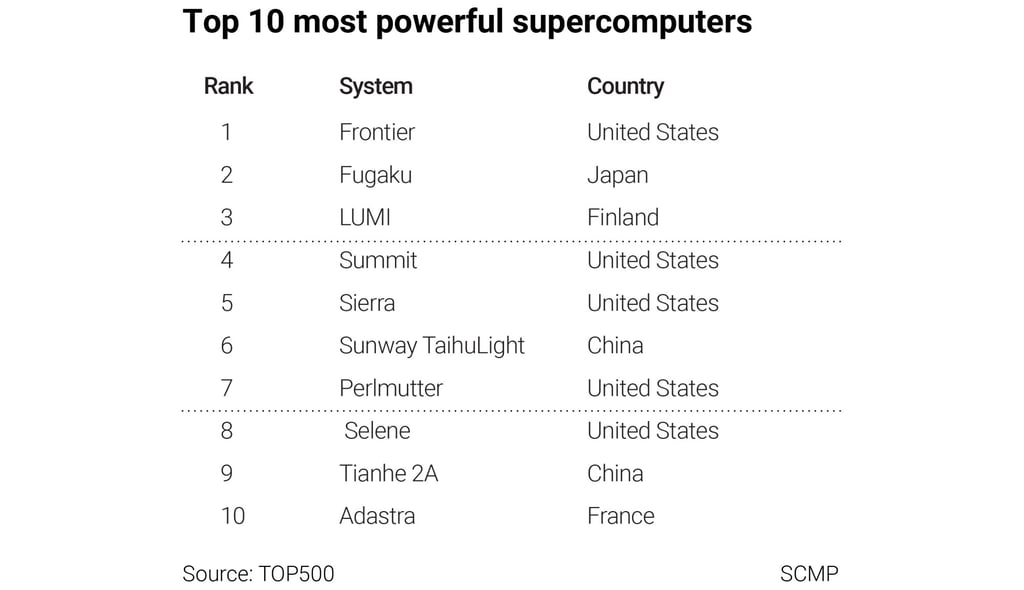Opinion | How China’s national computing network will be a game changer
- In a world where computing might equates to real power, Beijing’s ambitious plan will do more than lift its lagging west
- The project will allow China to cut its carbon emissions, improve the digital economy infrastructure, and boost its military and national security

With data generation at an all-time high, nations now rely on high-speed computational processing capacity. From scientific research and engineering to logistics management and manufacturing, and from business processes and product development to military hardware, computing power has become a key factor in a state’s technological growth.
As computing power and computational devices become economically and strategically relevant, countries are dedicating both scientific and financial resources to the domain. Scientific and military applications that need better computational capacities are the need of the hour.
Simply put, robust and safe computational data models are integral to the smooth functioning of critical sectors such as the military and finance that rely on data safeguards. With the private sector playing a bigger role, the global computing landscape has become a heavily contested field with multiple state and non-state actors.
China’s rise as a global computing powerhouse can be traced back to 2001 and the state’s emphasis on research to develop its own advanced systems. Beijing’s actions have focused on leveraging its home-grown resources, along with private-sector investment, to produce top-class research and development, and machines with globally competitive computing capabilities.

